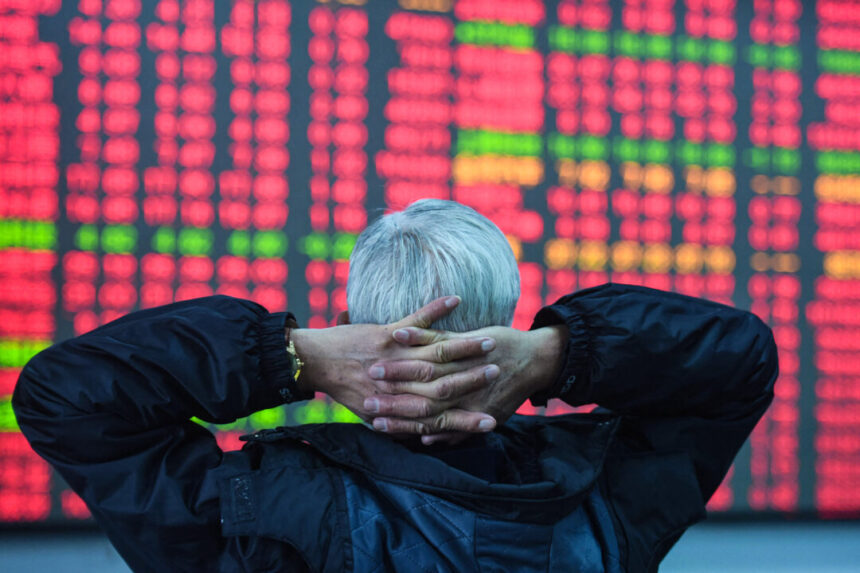Analysis
China’s stock market ended the first half of the year on a decline, failing to maintain the 3,000-point threshold on the Shanghai Composite Index. Despite efforts by the Chinese Communist Party (CCP) to rescue the market following the February crash, the market still fell short of reclaiming the crucial 3,000-point mark.
According to Qin Peng, a U.S.-based current affairs commentator, the decline in China’s stock market can be attributed to the overall economic environment. The CCP’s measures to save the market have not addressed the underlying issues of the economy, leading to limited effects.
While the CCP has focused on saving the real estate sector and promoting exports, efforts to boost domestic consumption have been lacking. Mr. Qin mentioned that propaganda and lip service have replaced concrete actions to stimulate consumption through direct financial assistance to the people.
Throughout the first half of the year, China’s stock market underperformed compared to global markets, with all major indices experiencing declines. The Shanghai Composite Index repeatedly fell below the 3,000-point level, reaching a low of 2933.33 in June.
A volatile rebound on June 28 saw a temporary rise in the market, attributed to stock buybacks by central and state-owned enterprises. However, the market reversed course the following day, with trading volumes shrinking and more stocks falling.
Mr. Qin highlighted that China’s private companies have halted investments and expansions, emphasizing the lack of overall economic recovery as a hindrance to stock market improvement. Additionally, he criticized the stock market’s design by CCP’s powerful families for capital raising purposes, leading to disillusionment among shareholders.





